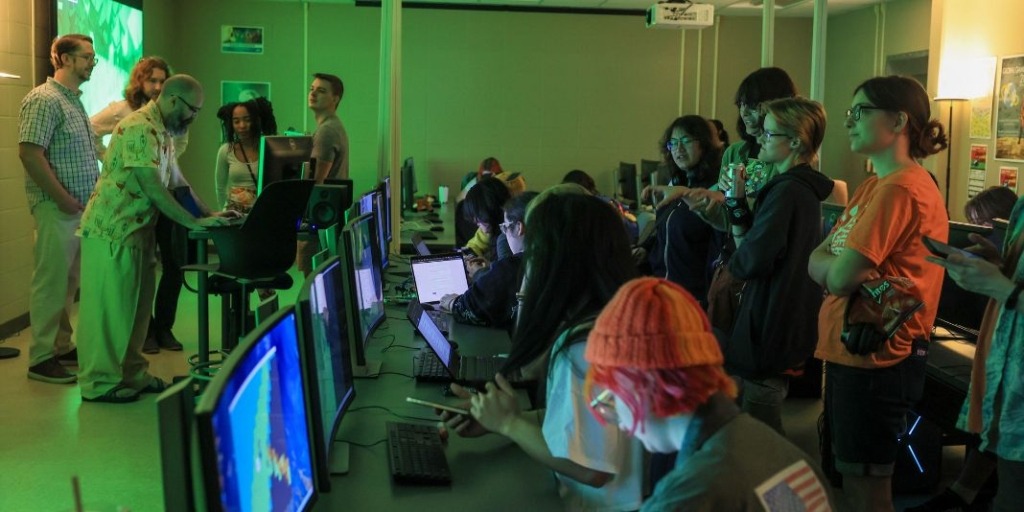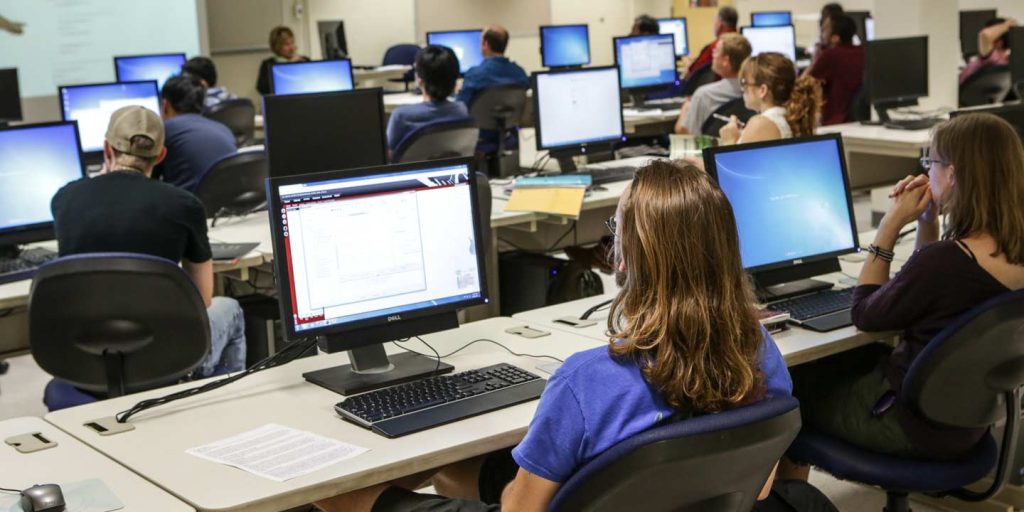HUNTSVILLE – In this digital age, there is growing concern that the overconsumption of digital media through smartphones, apps and social sites can impact mental and physical health, as well as increase social dysconnectivity.
Increasingly, however, many people are looking to take back the hours they typically spend glued to their devices and instead foster a healthier relationship with the online world.

Dr. Karen Anne Wallach, a researcher at the University of Alabama in Huntsville, is exploring this growing “digital wellness” movement, defined as “a state in which well-being is maintained in an environment characterized by digital communication overabundance.”
Fully 73% of Americans are concerned about the effects of technology on mental health, the researcher reports, while 72% worry about its impact on personal relationships. In fact, more than a quarter of internet users state they want to engage in some form of “digital detox” weekly, while 32% percent of Americans are already actively engaged in digital detox practices.
This summer, Wallach and her co-author, Dr. Kelley Cours Anderson of the College of Charleston, are spreading the word about the benefits of digital well-being with presentations in Finland and San Diego, as well as through ongoing research focused on digital detox and the burgeoning anti-consumption marketplace.
“A growing reaction is to detach, reduce or even reject digital consumption,” Wallach said. “This can manifest in the form of a digital detox, defined as the period of time that a person refrains from electronic devices to improve well-being. The break can last from hours to months, but the common intent is to pause and then reduce digital technology consumption upon completion of the detox.”
The researchers examined digital detox blogger accounts and surveyed results from participants who have completed programs at digital detox retreats, as well as interviews with service professionals.
“We isolated online blogs and other data sources for analysis,” Wallach said. “Bloggers were found to range in detox pauses that lasted from 24 hours to several years.”
Wallach’s research focuses on the consumers, as well as the businesses or organizations offering technologies and products shaping the anti-consumption market. For example, one service provider formed a company to help others unplug from the digital world based on his own life experiences.
“I was struggling with over 20 years of screen addiction,” the survey respondent said. “I chose to pull the plug completely and traveled for over five years to find solutions to this problem. I realized what I was missing the most is a sense of connection with nature and others. That was the recipe I was looking for but couldn’t find. So, it became this mission to help people.”
The researchers’ work is also based on an alliance with the Digital Wellness Lab, founded in 2021 to explore the unknown health consequences of the surge in kids spending six-plus hours a day online. With sponsorship from major tech platforms — such as Twitch, Roblox, Snap, Discord and TikTok — the lab is trying to address the concerns of parents, doctors and lawmakers without villainizing the companies involved.
“When consumers lose control of their consumption, this can impact other facets of life, such as mental health, perceived well-being and social relationships,” Wallach said. “Through the active practice of anti-consumption, they are motivated to move against existing cultural norms to improve themselves as well as society. People want to reclaim something of the self they perceive as lost.”











